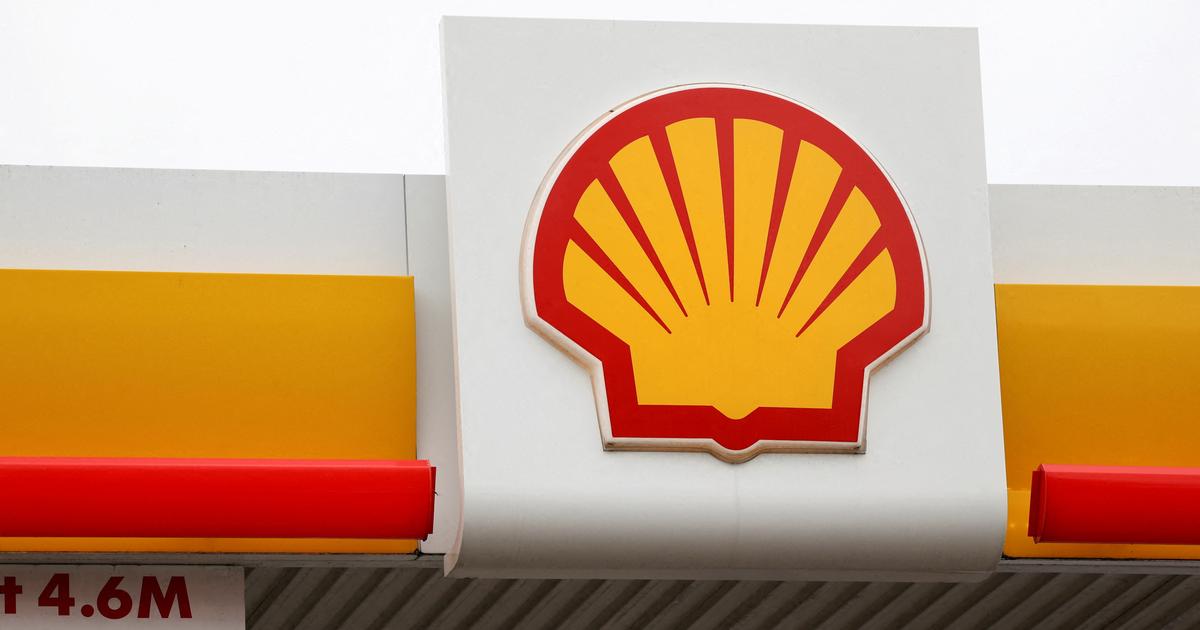Enlarge image
Photo: David McNew/Getty Images
After 26 UN climate summits and six world climate reports, it is actually clear to governments around the world what needs to be done: A quick move away from fossil energies such as oil, gas and coal.
If the burning of these raw materials is not stopped, global warming could have irreversible consequences for people and ecosystems.
But that message doesn't seem to have got through to the world's leading oil and gas companies.
They are planning a massive expansion of their business: in the next seven years alone, production projects are to start that are supposed to extract around 192 billion barrels of the climate-damaging raw materials from the ground.
According to research by the British »Guardian«, this would correspond to around 97 billion tonnes of CO₂ equivalents and thus as much as China currently emits within a decade.
In the longer term, these projects could even produce up to 646 billion tons of CO₂.
That is more than the global CO₂ budget that is still available to meet the 1.5-degree limit.
For comparison: All countries in the world currently emit around 37 billion CO₂ into the atmosphere every year.
The journalists have collected all available information on new oil and gas projects using databases, studies and business reports.
They evaluated the projects of 887 companies.
Accordingly, these companies are planning around 195 new so-called “carbon bombs”.
This is what oil and gas production projects are called that cause at least one billion tons of CO₂ over their entire lifetime.
Around 60 percent of the wells have already started, and final financial commitments have already been made for the majority.
According to the research, the largest oil and gas companies will spend around 103 million US dollars per day until 2030 on developing the raw materials.
The authors emphasize that this is not just about companies from the Middle East or Russia.
Corporations from the USA, Canada and Australia were also among the countries with huge expansion plans.
According to the research, two thirds of the short-term oil and gas projects are located in the Middle East, Russia and North America.
Quatar Energy tops the list of companies with the largest production plans, followed by Gazprom, Saudi Aramco, Exxonmobil and Brazilian oil giant Pedrobras.
The Dutch group Shell and the British BP are in 9th and 10th place.
Seven of these top 10 companies also exploit controversial technologies such as fracking, deep-sea and arctic drilling, and oil sands exploitation for their production.
"Most oil and gas companies just carry on as before," said Nils Bartsch from Urgewald, who supported the journalists in the "Guardian" research.
“Some just don't care.
Some feel unaccountable because governments around the world allow them to continue.
At the same time, of course, governments are often influenced by industry.«
The power of the oil companies is also reflected in the stock market: on Wednesday evening, the Saudi group Saudi Aramco overtook the technology group Apple as the most valuable company in the world.
The part-state Saudi Arabian company, which ranks as the world's largest oil-producing company, was valued at €2.3 trillion based on the share price at market close on Wednesday.
sug















